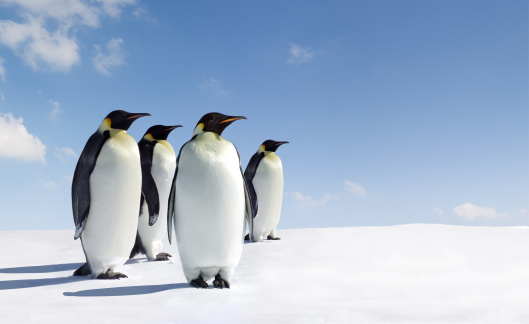
Climate change is having a significant impact on penguin populations and their habitats. Some of the ways climate change is affecting penguins include:
- Melting ice: Rising global temperatures are causing the sea ice to melt, which is impacting the availability of krill, fish, and other prey species that penguins depend on for food.
- Changes in ocean currents: Changes in ocean currents caused by climate change are affecting the distribution and abundance of penguin prey, making it more difficult for penguins to find food.
- Rising sea levels: Rising sea levels are threatening low-lying penguin colonies and reducing their nesting sites. In some areas, rising sea levels have resulted in the loss of entire colonies.
- Increased storm frequency and intensity: Climate change is causing an increase in the frequency and intensity of storms, which can damage penguin colonies and disrupt their breeding and feeding patterns.
- Increased disease and parasite prevalence: Climate change is also leading to the spread of diseases and parasites, which can have a significant impact on penguin populations.
Overall, the impacts of climate change are making it increasingly difficult for penguins to survive and thrive. To help conserve penguin populations, it is important to take action to reduce greenhouse gas emissions and slow the pace of global warming.